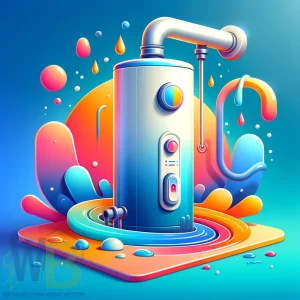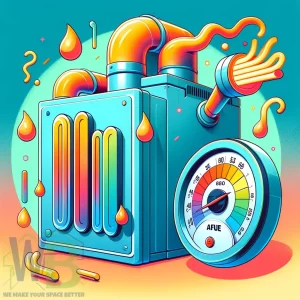How Long Does It Take to Become an HVAC Technician? Becoming an HVAC technician takes between 6 months and 5 years. This time varies based on the type of training you choose.
Let’s explore the different training paths and how long each one takes.

Quick Summary
| Section | Key Points |
|---|---|
| Educational Pathways | Certificate (6 months-1 year), Associate Degree (2 years), Bachelor’s Degree (4 years), Apprenticeship (3-5 years) |
| Certification and Licensing | State-specific licenses, EPA Section 608 certification |
| Career Opportunities | Various positions in HVAC industry, potential for growth |
| Skills Required | Technical knowledge, problem-solving, customer service |
| Continuing Education | Workshops, seminars, advanced certifications |
| Financial Considerations | Costs of education, potential salaries, financial aid |
| Technology Impact | Staying updated with advancements in HVAC technology |
| Work-Life Balance | Factors contributing to job satisfaction |
Certificate Programs
- Duration: 6 months to 1 year
- Details: Certificate programs are the fastest way to enter the HVAC field. These programs focus on the basics and can be completed in as little as six months. They are perfect for those who want to start working quickly.
Associate Degree Programs
- Duration: 2 years
- Details: An associate degree in HVAC provides more in-depth knowledge than a certificate. It takes about two years to complete. This path is ideal for those who want a strong foundation in HVAC principles and practices.
Bachelor’s Degree Programs
- Duration: 4 years
- Details: A bachelor’s degree offers comprehensive HVAC training. It takes about four years and is suited for those who aim for higher-level positions or want a deeper understanding of the field.
Apprenticeship Programs
- Duration: 3 to 5 years
- Details: Apprenticeships combine on-the-job training with classroom learning. They typically last three to five years and provide hands-on experience. This path is best for those who learn well by doing.
After completing one of these programs, you can start working as a paid HVAC apprentice. From there, you’ll work under supervision until you can become an HVAC journeyman.
Your route depends on your career goals, how much time you want to invest in training, and how quickly you want to start working in the field.
Certification and Licensing Requirements
To become an HVAC technician, you must have the required licenses and certifications. In most places, you must have a license to work. This usually means passing a test and having some work experience or schooling.
You might also need special certifications, like the EPA Section 608, to work with refrigerants.
These certifications show that you know about safety and environmental rules. It’s important to check the rules in your area, as they can be different. Getting certified not only follows the law but also helps you look more trustworthy and can improve your chances of getting a job.
Continuing Education and Advancement in HVAC
Once you start working as an HVAC technician, you must keep learning. Continuing education is important in this job. It helps you keep up with new technology and industry rules.
Technicians often go to workshops, seminars, or extra classes during their careers. This helps them get more advanced certifications and specialize in energy saving or green technology.
By always improving your skills and knowledge, you can move up to higher jobs, like being a supervisor or starting your own HVAC business. Putting effort into learning more is a way to grow your career and succeed in the changing HVAC world.
Conclusion
Starting a career as an HVAC technician is a great choice, with many ways to learn and train. You can pick from different options like a certificate program, a two-year or four-year college degree, or learning through an apprenticeship. Each path gives you the basic skills and knowledge you need for the HVAC field.
Don’t forget, having a license and certifications is very important. They show you are trustworthy and meet industry standards. Also, keep learning and improving your skills to advance your career and keep up with new technology in this fast-changing area. You can have a successful and stable job as an HVAC technician with hard work and the right training.







